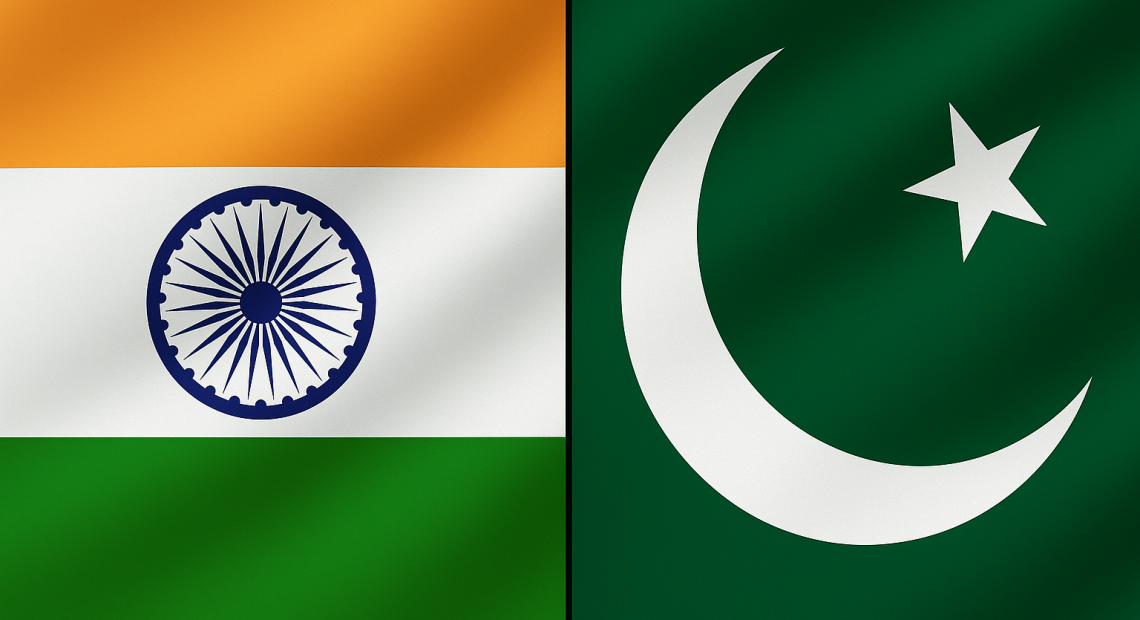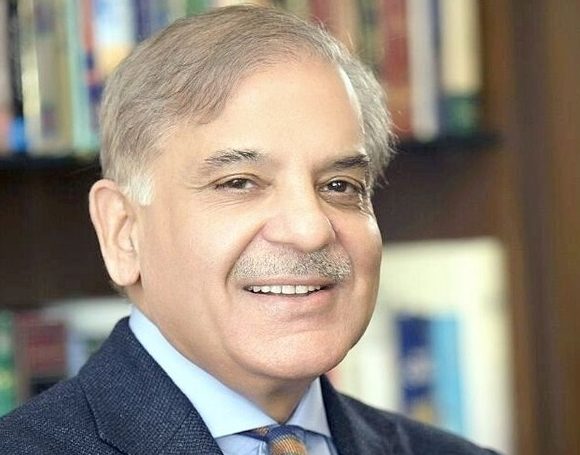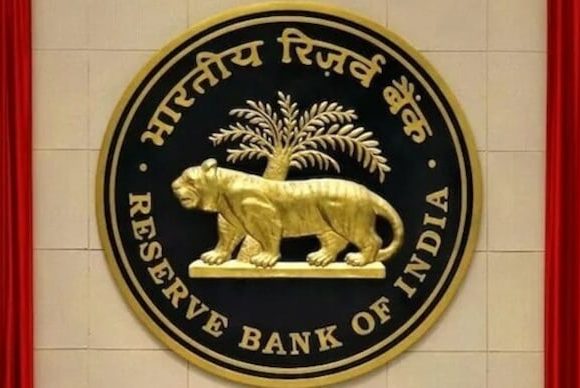
India Accuses Pakistan of Treaty Breach at UN Meet
India strongly criticized Pakistan at the United Nations Conference on Glaciers held in Dushanbe, Tajikistan, accusing it of violating the Indus Waters Treaty (IWT) by sponsoring terrorism. Speaking at the event, Minister of State for Environment Kirti Vardhan Singh rebuked Pakistan for raising a bilateral dispute in an international forum meant to focus on climate change and water security.
Singh emphasized that terrorism originating from Pakistan has a direct bearing on the effective execution of the Indus Waters Treaty. He declared that terrorism obstructs India’s legitimate use of treaty provisions and undermines the trust needed for such agreements to function.
Indus Waters Treaty and Its Growing Strain
Signed in 1960 under the mediation of the World Bank, the Indus Waters Treaty allocates control over the rivers of the Indus basin between India and Pakistan. However, recent geopolitical developments, especially Pakistan-based terrorism, have prompted India to reassess the relevance and viability of the agreement.
India’s remarks at the UN conference follow the suspension of its obligations under the treaty in the wake of the April 22 terror attack in Pahalgam, Jammu and Kashmir, which killed 26 people. Indian intelligence agencies have linked the attackers to Pakistan-based militant groups, accusing Islamabad of providing moral and logistical support.
Singh stated that the evolving challenges of the 21st century—including population growth, climate change, and transnational terrorism—necessitate a re-examination of the six-decade-old treaty framework.
India Rejects Pakistan’s Accusations
In response, Pakistani Prime Minister Shehbaz Sharif had earlier used the same platform to accuse India of unilaterally suspending the treaty for political motives, calling the move a “red line.” He claimed that India’s actions threatened the integrity of a longstanding international water-sharing agreement.
India dismissed these allegations, reiterating that Pakistan’s continued export of terrorism had already violated the treaty’s foundational spirit. New Delhi asserted that it remains committed to responsible water sharing but cannot ignore the security implications of dealing with a hostile neighbor.
The UN glaciers meet, attended by over 2,500 delegates from 80 nations and 70 international organizations, was intended to spotlight the urgent challenges of melting glaciers and water stress. However, the event became another stage for India to highlight how terrorism corrodes international cooperation, even in climate and humanitarian domains.


















